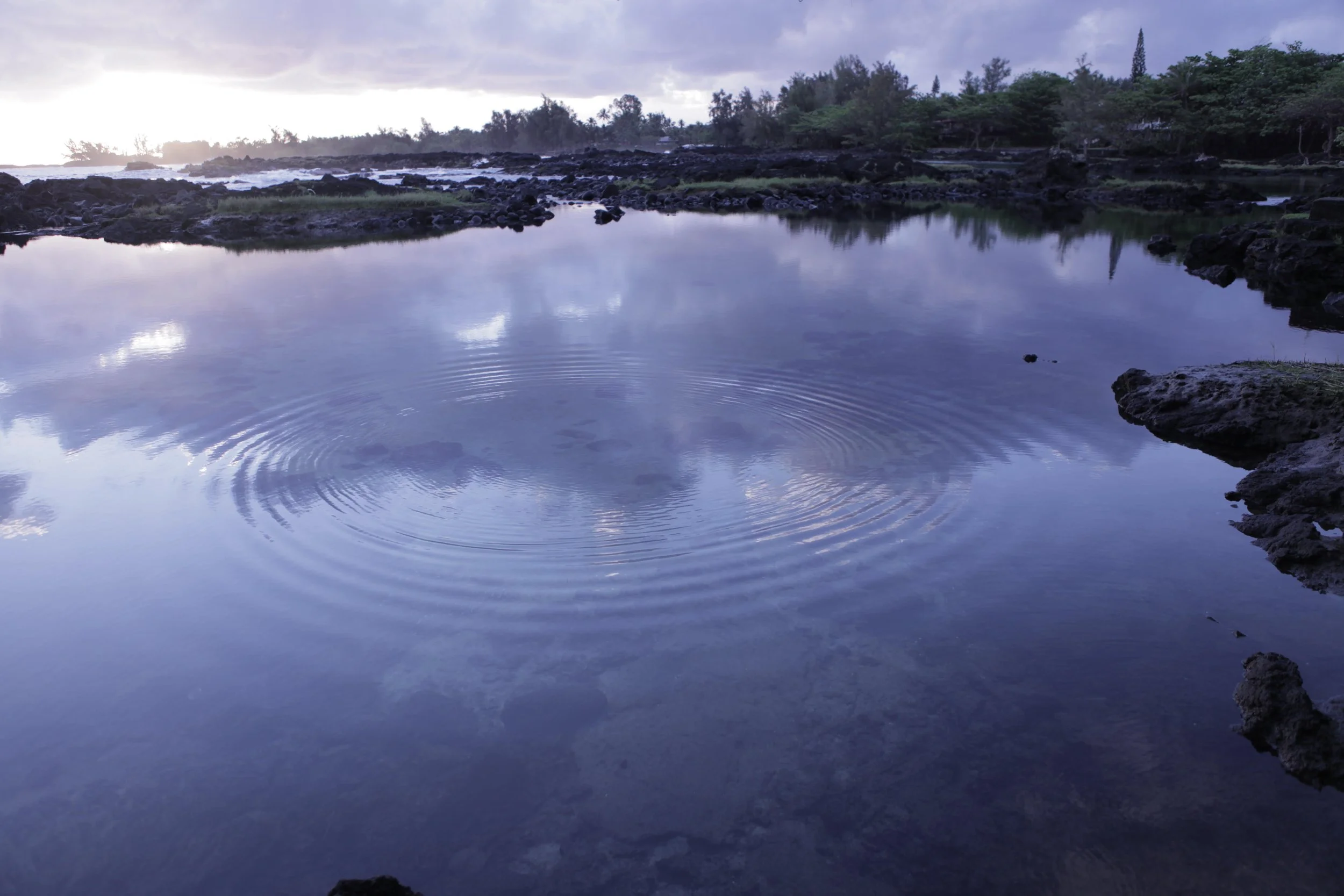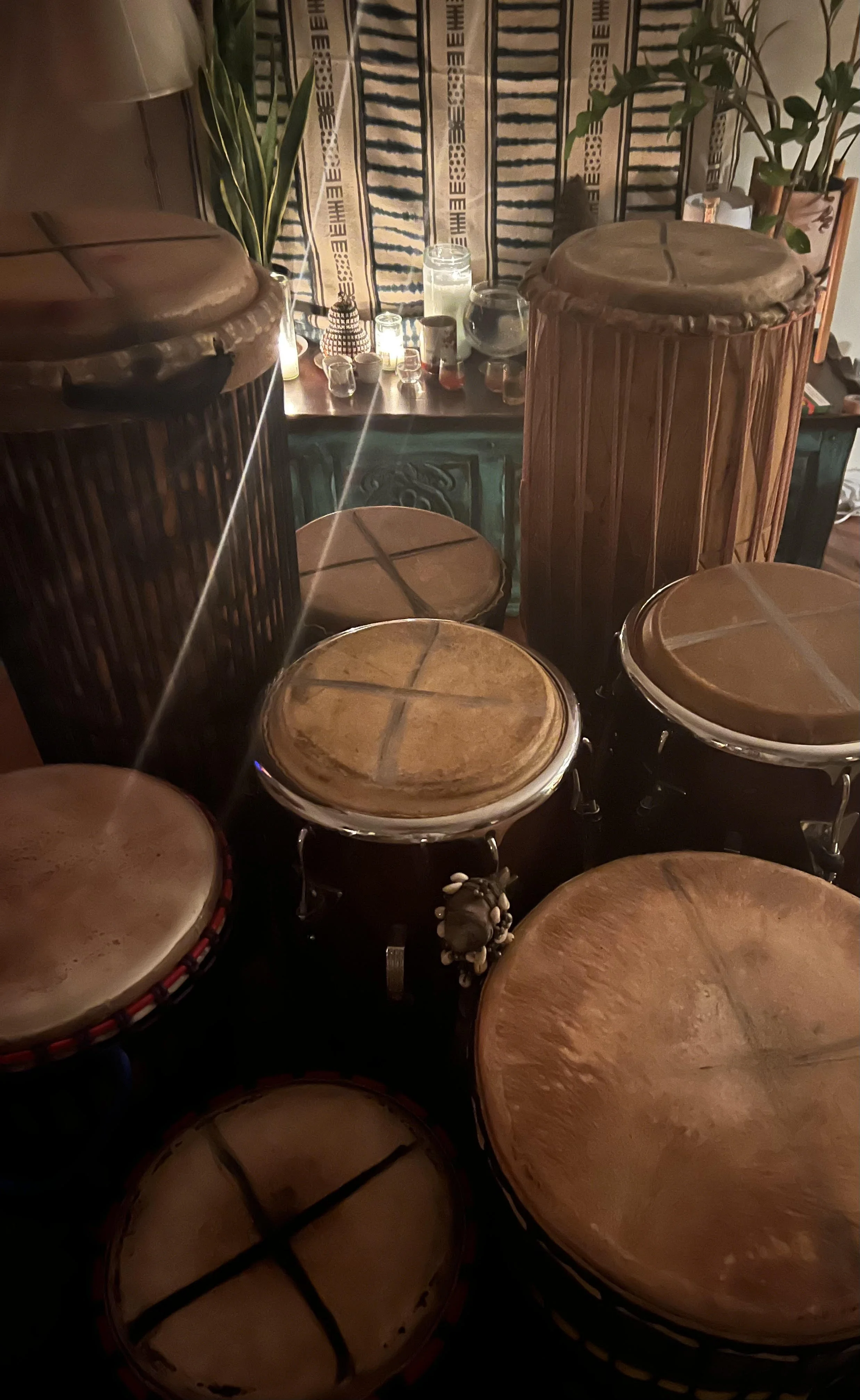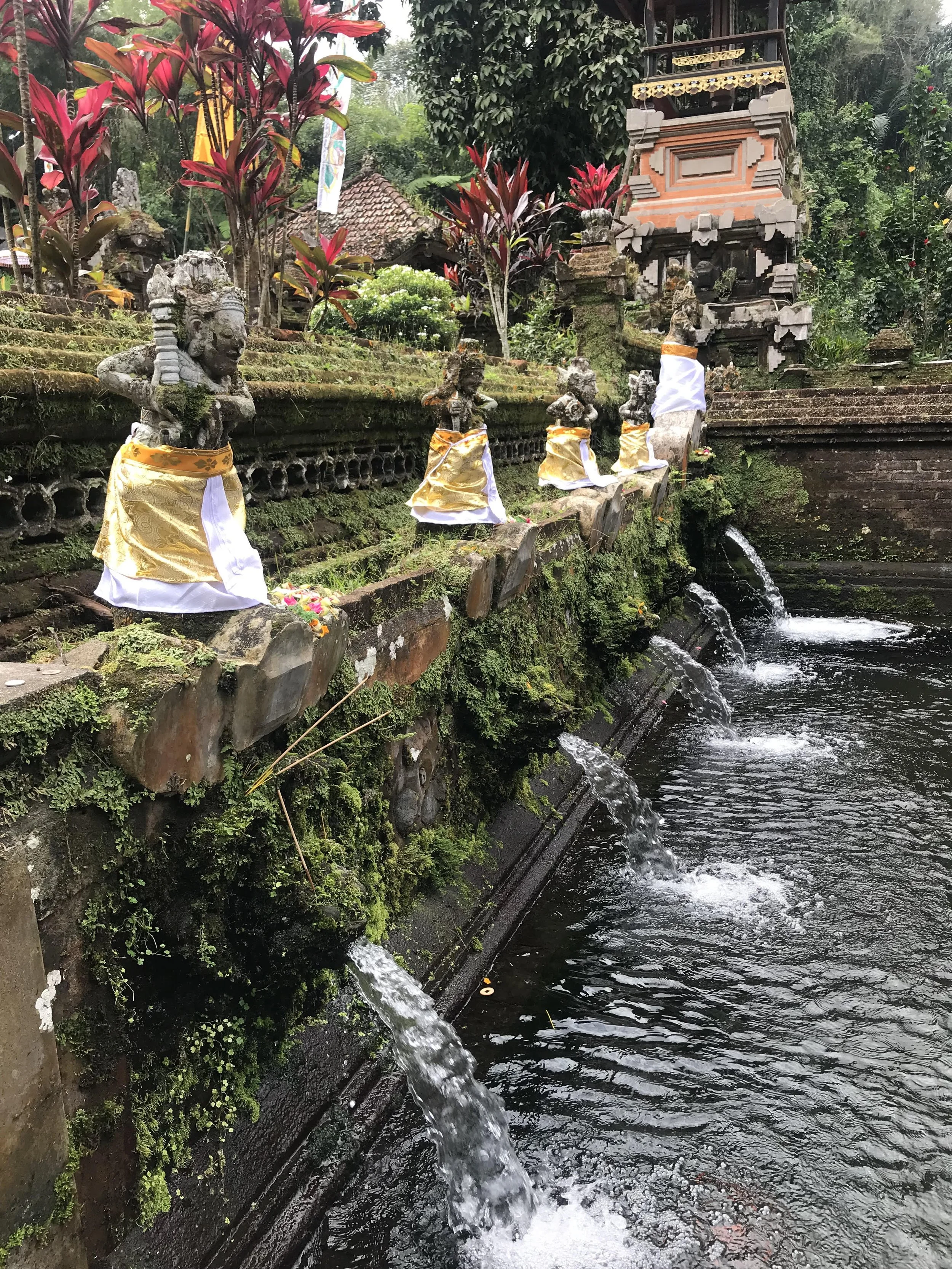Mission
At Ndoro Healing Arts, we believe that decolonized practices rooted in ancestral and traditional medicines play a fundamental role in the health and well-being of all communities.
Our mission is to support individuals of diverse backgrounds and lineages with personal and collective healing and empowerment. Our approach centers the embodiment of ancestral wisdom as a force for liberation.
Vision
We envision a global community where the gifts that each person brings to the world are honored, where ancestral medicines and wisdom are shared across cultures in ways that create peace, understanding, and appreciation for our shared humanity.
We aim to cultivate sustainable partnerships and align with cultural practitioners and organizations, to support the reclamation, celebration, and elevation of traditional healing practices.
We are dedicated,
We are dedicated to sharing the medicine of Ancestral practices through a decolonized framework of healing practices, education, consulting, and mentoring for individuals and groups through transformational 1:1 sessions, workshops, trainings, and retreats.
This includes:
Aligning and Rebalancing Your Energetic Grids
Practical and Spiritual Guidance
Deepening in your Ancestral Practices
Ancestral Oracle Readings and Divinations
Clearing of harmful or negative energies
Ceremonial Music and Embodied Movement
Rites of Passage
Sacred Ceremony and Ritual
Community Upliftment
Somatic Healing
And more….
Core Values
FAQs
-
The most simple response to this question is yes. And yes, many would consider us to be shamans. However, it is a not a word that we personally choose to describe ourselves. Choosing to use a word because it has gained recognition in conversations about Indigenous spirituality and healing overlooks the deeper cultural and contextual complexities involved.
There is responsibility in this path, and in our opinion, this word is not to be taken lightly, whether referring to another as a shaman or referring to the self as one.
From an anthropological perspective, the word shaman originated from indigenous groups in Siberia and Central Asia. Over time, the word has become a blanket phrase and used in ways where:
It may not acknowledge the correct phrasing for traditional and spiritual practitioners that may have similar practices but do not use the word shaman.
It has become a word that is trendy and may not honor the path and lineages that have kept this wisdom and medicine sacred.
It may not acknowledge that different cultures carry different medicines in their spiritual traditions.
There is lack of understanding that many practitioners that have carried these traditions have actually given their lives using these practices in defense of their people.
The overuse and misuse of this word dilutes its potency, and does not recognize the responsibility that comes with it.
So while it is a word that has been used to refer to the ritual specialists that walk between worlds it is also vastly important that we do not dilute the magnitude of this work by using the word shaman without clear intention and understanding.
To the wisdom keepers and culture bearers whose lineages recognize them as shamans, we honor you.
In the tradition in which we share ancestral work, the word shaman does not exist, but the work is similar. We are referred to as Ambuya or Sekuru, n’anga, and svikiro. In other traditions we practice, again, the word shaman does not exist, but some similar work may occur. We are Yayi, Tata, Santera, and Santero.
-
With respect to our Ancestral work, Benjamin and Angela were both initiated into mediumship through the Shona traditions of Zimbabwe. As such, the bulk of ancestral practices shared here (unless otherwise noted) are rooted in the Shona tradition.
It is important to note that often the ancestors of an individual will offer guidance around specific practices, rituals, or ceremonies for the individual to follow through with. The guidance given is specific to that ancestor, their lineage, protocols, etc. and not necessarily a part of the Shona tradition.
Angela and Benjamin carry a great reverence and respect for the elders and the cultural tradition that has allowed them to support their communities.
-
Yes, as BIPOC individuals ourselves, we do our best to provide support for our communities by offering scholarships when funding is available.
-
Yes, we offer zoom sessions for a majority of the offerings that we carry. However, because of the nature of this work it is strongly encouraged to participate in our in-person retreats and workshops, or to schedule your own personal retreats. Deeper understanding of this work and its medicine occurs through direct experience and guidance.
-
Once a session is booked an invoice will be sent in 24-48 hours. To hold your scheduled spot we ask that you send your payment within 24-48 hours. If your session is less than 48 hours upon booking, we ask that payment be sent immediately.

“The purpose of rituals is to take us to a place of self-discovery and mastery. In this sense, ritual is to the soul what food is to the physical body… In our rituals, we call in spirits, ancestors, and dimensional beings to guide us each step of the way. Rituals are a form of continuous prayer. ”



